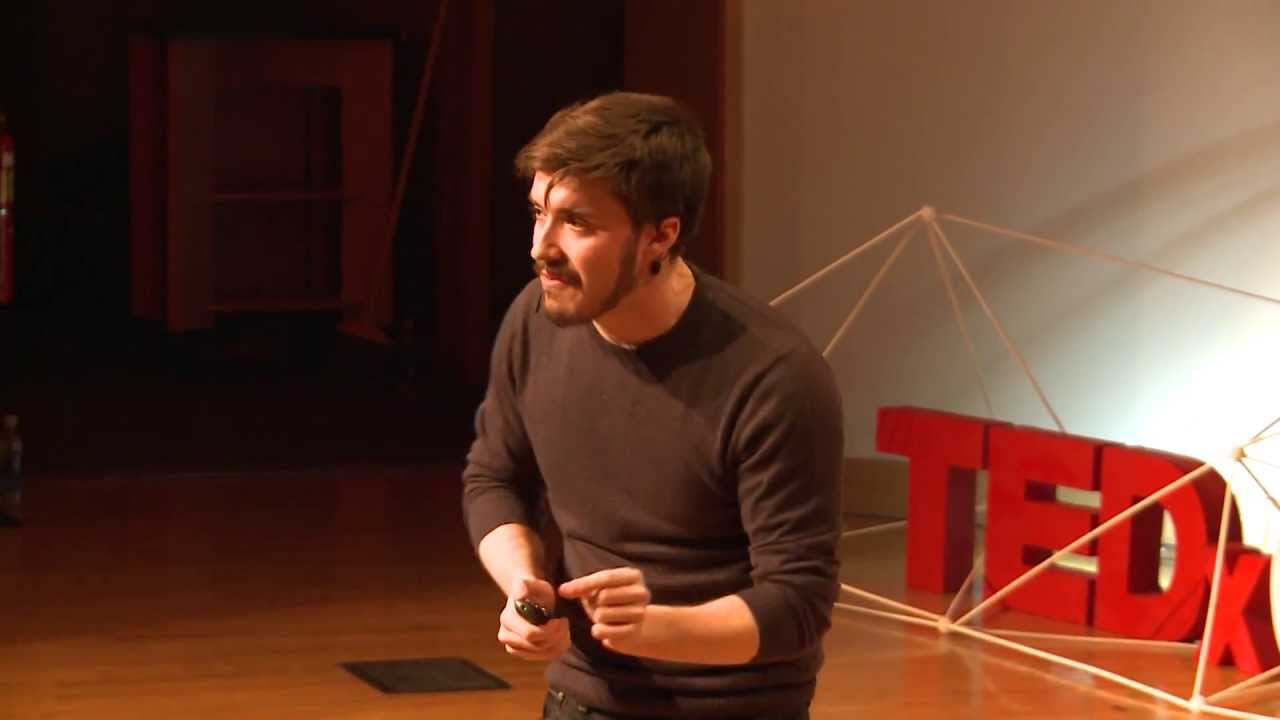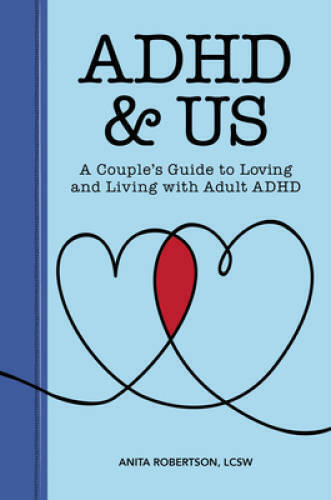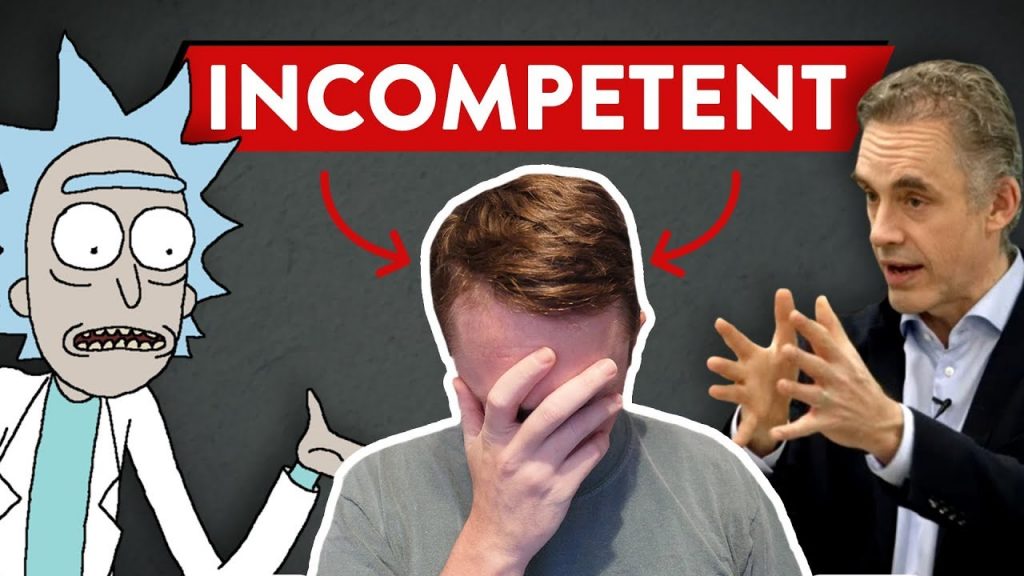ADHD As A Difference In Cognition, Not A Disorder: Stephen Tonti at TEDxCMU

Stephen is a Senior Directing major at Carnegie Mellon.
He is also the current President of Carnegie Mellon’s Film Club. He recently completed his Thesis Project within the School of Drama: a production of Mac Wellman’s “A Murder of Crows.” He is currently working on creating a collective of Film Enthusiasts across Carnegie’s Campus as well as other colleges and universities around Pittsburgh. Find out more about Stephen and his talk on “Caffeine, Nicotine, and ADHD: a guide to maintaining sanity.”
What is the mainstream narrative surrounding Attention Deficit Hyperactivity Disorder (ADHD)?
Attention Deficit Hyperactivity Disorder (ADHD) is a neurodevelopmental disorder that affects countless individuals worldwide. Despite that, the debate surrounding its classification as a disorder remains controversial. In his TEDx talk at Carnegie Mellon University, Stephen Tonti argues that ADHD should instead be viewed as a “difference in cognition” rather than a disorder.
Tonti begins by explaining the mainstream narrative surrounding ADHD, which describes it as a disorder that hinders attention, focus, and impulse control. He then goes on to share his personal experience with ADHD, emphasizing that while it has posed certain challenges for him, it has also helped him develop unique strengths.
He argues that ADHD presents individuals with a different way of processing information, which is often mistakenly perceived as a hindrance rather than a benefit. This difference in cognition ultimately provides individuals with ADHD a unique set of cognitive tools that they can use to navigate their environment.
Tonti illustrates his point by offering examples in which an ADHD individual’s unique cognitive abilities could be particularly useful. For instance, he suggests that their tendency towards hyperfocusing on tasks can enable them to complete tasks with remarkable detail and precision. Additionally, he claims that individuals with ADHD often possess a high level of creativity and can come up with solutions to problems that may be overlooked by those without ADHD.
While emphasizing that ADHD can present significant challenges, particularly in the current education system, Tonti advocates for a shift in mindset and offers a different way of viewing the condition. Rather than treating it as a disorder that needs to be cured, Tonti suggests that we should learn to embrace and accommodate ADHD individuals’ cognitive differences.
In conclusion, Tonti’s talk offers a refreshingly new perspective on ADHD that could potentially affect how we view and treat the condition in the future. As he points out, if we can view ADHD as a difference in cognition rather than a disorder, we may be able to help individuals with ADHD better understand and utilize their unique cognitive strengths. Ultimately, this could help them lead a more fulfilling life and contribute positively to society.










Curly Hair: Five Tips for Beautiful Tresses
4 Levels of Fried Chicken: Amateur to Food Scientist | Epicurious
THE PERFECT LEG WORKOUT TO BUILD BIG STRONG LEGS | My Top Tips
Why are people so Healthy in Japan?
I Drank Celery Juice For 7 DAYS and This is What Happened – NO JUICER REQUIRED!